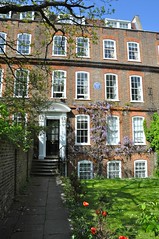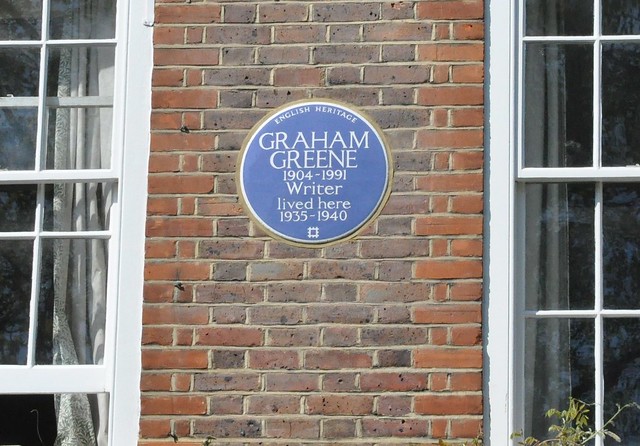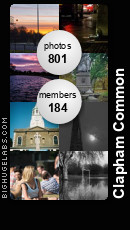 photo courtesy of metacheetr
photo courtesy of metacheetrOn the evening of Wednesday 13 April 2011, Jonathan Williams, 26, and James Bull, 23, were asked to leave the John Snow public house for kissing while on their first date. A member of staff allegedly described the couple’s behaviour as obscene and evicted them from the establishment.
The media have reported several accounts of this incident. The general consensus has been that the couple's behaviour was entirely appropriate for a couple enjoying their first romantic evening together.
The strength of feeling that this mistreatment of a gay couple raised in London’s LGBT community was such that in the course of less than 30 hours, a gay kiss-in was organised with several hundred participants at the John Snow on the evening of 15 April 2011. Another kiss-in followed the next week on 21 April 2011. Rather than allow the LGBT protesters into or around the pub, the John Snow closed its doors on both of these evenings.
Despite several attempts at contacting the management of the John Snow, as well as the Samuel Smith Old Brewery, which owns the pub, neither the pub nor the brewer have released any comment, statement or apology to this date.
While we agree that any establishment is entitled to refuse entry, and/or the provision of goods and services to individuals they deem unsuitable or inappropriate, if this refusal is motivated by a person’s sexual orientation (real or perceived) it contravenes the Equality Act of 2010. This legislation came into force in October 2010 to prevent any business discriminating on the grounds of sexual orientation, gender, disability, religion or ethnicity, or against pregnant or breastfeeding mothers.
Anyone found to be the victim of discrimination on those grounds could be considered liable for compensation from the venue that discriminates against them.
We, the undersigned, therefore ask that the John Snow management, and/or the Samuel Smith Old Brewery issue a statement:
1/ specifying exactly why Mr. Jonathan Williams and Mr. James Bull were asked to leave the John Snow public house on the 13 April 2011.
2/ clearly stating the venue and company’s compliance with and commitment to the Equality Act of 2010.
3/ officially apologising to Mr. Jonathan Williams and Mr. James Bull
Continued silence on this matter by both the John Snow Pub and the Samuel Smith Old Brewery can only be seen by the public as acquiescence to the fact that discrimination had taken place, something that is likely to damage the reputation of the business. Direct actions will continue against this pub until it, or the brewery has started to engage in the meaningful and respectful dialogue that we believe this serious matter warrants.
You can sign an online petition via Facebook.


